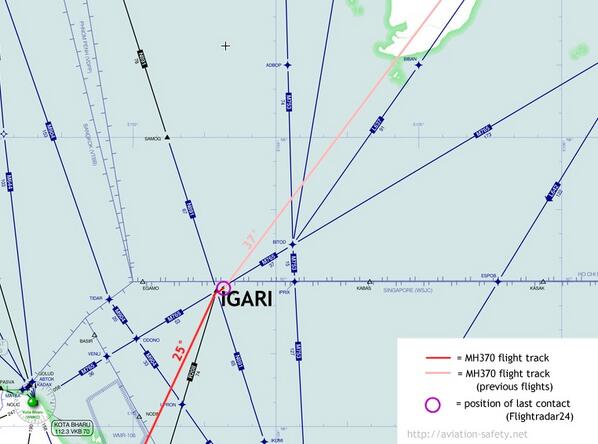Ryan
Court Jester
As it turns out, the ocean isn't blanketed with cell towers the way land is.
Who knew?
I guess you really do have to have been on a ship in the middle of the ocean to truly appreciate how utterly massive and desolate the ocean really is. It's somewhat awe inspiring.
Who knew?
I guess you really do have to have been on a ship in the middle of the ocean to truly appreciate how utterly massive and desolate the ocean really is. It's somewhat awe inspiring.




